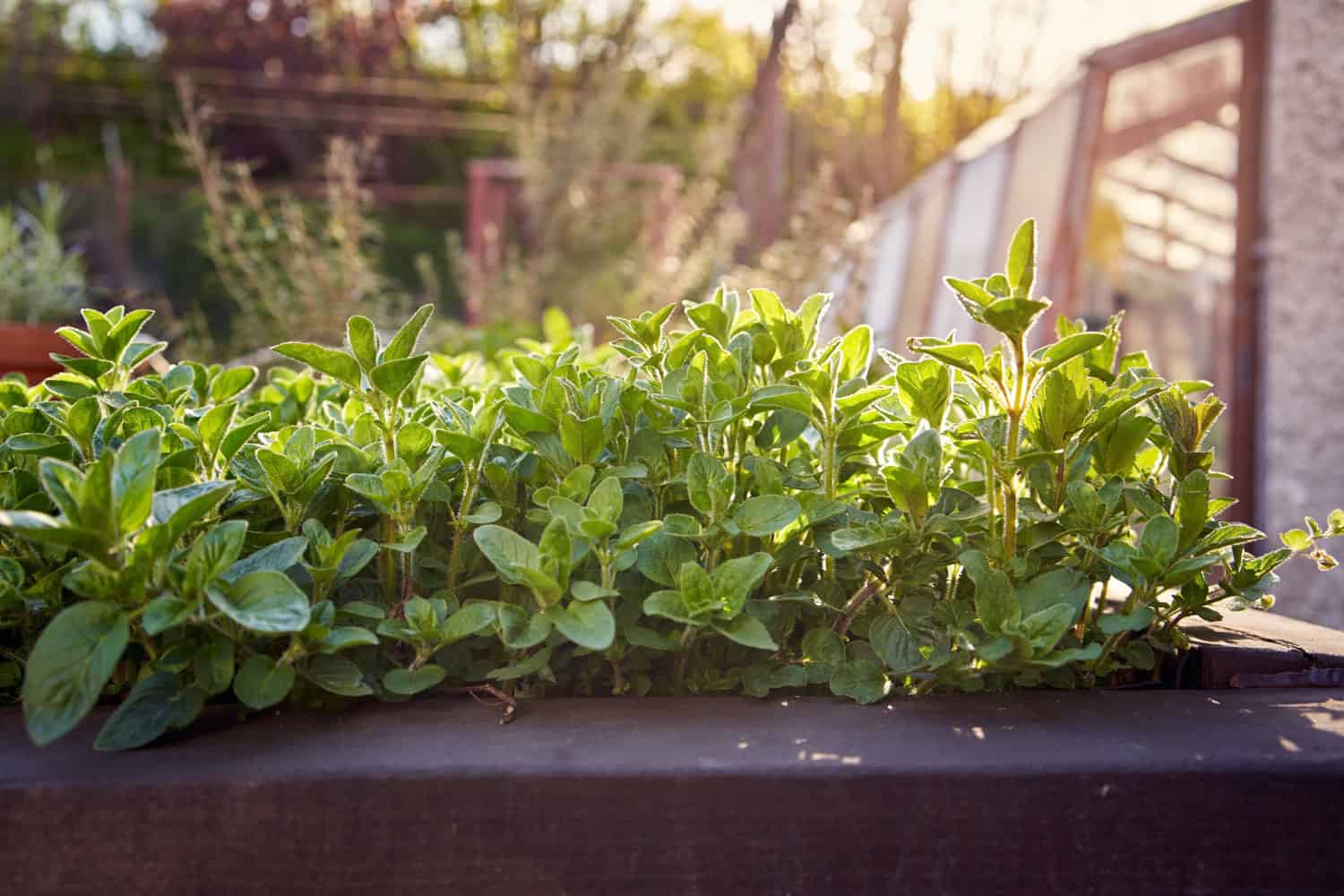Imagine how good it feels to pick fresh herbs from your garden and use them to make your food taste even better.
Growing herbs isn't just a hobby; it's a step towards a better, more earth-friendly life. But remember, it's not always easy!

Herb gardening may appear simple, but demands a nuanced understanding and careful attention. Avoiding common mistakes is crucial for the vitality and success of your herb garden.
This article aims to illuminate the top five mistakes to avoid in herb gardening, setting the stage for a garden that's not only prosperous but also a source of immense satisfaction and joy.
Mistake 1: Inadequate Sunlight
One of the most common mistakes gardeners make when growing herbs is not providing enough sunlight.
Most herbs require at least 6 hours of direct sunlight daily to thrive. If your herbs are not getting enough of it, they will become weak and spindly, and their leaves may turn yellow.
It's also important to note that too much sunlight can harm your herbs, so monitor them closely and provide shade if necessary.
Here are some tips to help you ensure that your herbs are getting the right amount of sunlight:
- Place your herb garden in a south-facing window or on a balcony with plenty of sun.
- Use grow lights if you don't have access to natural sunlight.
- Monitor your herbs closely and provide shade if they get too much sun.
- Choose herbs that are suited to the amount of sunlight you have available.
Mistake 2: Overwatering or Underwatering
Overwatering or underwatering can lead to the death of your herbs, so it's essential to get the watering just right!
Overwatering can cause your herbs' roots to rot, killing the plant. Signs of overwatering include yellowing leaves, mushy stems, and a sour smell from the soil.
On the other hand, underwatering can cause your herbs to wilt and die. Signs of underwatering include dry, brown leaves and a wilted appearance.
To help you avoid overwatering or underwatering, here are some tips:
- Use a well-draining potting mix that allows excess water to drain away from the roots.
- Water your herbs in the morning or early afternoon when the sun is not as intense. This will give the water time to soak into the soil before the day's heat evaporates.
- Use a watering can with a long spout to water your herbs directly at the base of the plant rather than spraying water over the leaves.
- Group herbs with similar watering needs together. This will make it easier to water them all simultaneously and avoid overwatering or underwatering some.
Mistake 3: Ignoring Soil Quality and Drainage
Without proper soil quality and drainage, your herbs will not grow properly. Regarding soil quality, it's essential to ensure that your soil has the nutrients and minerals that your herbs need to thrive.
You can test your soil with a soil test kit to determine its pH level and nutrient content. Based on the results, you can add the necessary amendments to your soil to ensure it has the right balance of nutrients.
Another essential factor to consider is drainage. Herbs need well-draining soil to prevent water from pooling around their roots, which can cause root rot and other fungal diseases.
If your soil is heavy or clay-like, you can improve drainage by adding organic matter such as compost or perlite.
Mistake #4: Planting Incompatible Herbs Together
Combining all your favorite herbs into one planter is tempting, but this can harm your plants. Each herb has its own specific requirements for growth.
For example, basil is incompatible with common rue and thyme. These herbs may not grow well together or could negatively affect each other's health or flavor when planted nearby.
To avoid this mistake, research each herb's specific requirements before planting. You can also use companion planting to your advantage.
Companion planting involves planting compatible herbs together to help each other grow. For example, basil and tomatoes are good companions because they can reduce these pest problems without chemicals.
Mistake #5: Neglecting Pest and Disease Management
Pests and diseases can rapidly spread throughout your garden, causing damage to your herbs and ultimately leading to their demise.
To prevent this, it's essential to inspect your plants for signs of pests or disease regularly. Implement preventive measures like crop rotation, companion planting, and organic pest control.
Here are some tips to help you manage pests and diseases in your herb garden:
- Keep your garden clean and tidy. Remove dead leaves or plant debris, which can harbor pests and diseases.
- Use natural pest control methods like neem oil, insecticidal soap, or diatomaceous earth. These methods are effective and safe for your herbs and the environment.
- Rotate your crops every season to prevent diseases from building up in the soil.
- If you do notice signs of pests or disease, act quickly. Remove infected plants or treat them with appropriate methods before the problem spreads.
Explore our informative article: 10 Amazing Herbs That Repel Unwanted Insects, and learn how to harness the power of natural pest control.
Final Words
Successful herb gardening hinges on avoiding these common mistakes, from ensuring proper lighting to maintaining ideal watering practices.
By paying attention to these details, gardeners can significantly improve the health and yield of their herb plants. Remember, each herb has unique requirements, and understanding these nuances is key to a thriving garden.
The joy of cultivating a lush, aromatic herb garden is well within reach with the proper knowledge and care!
Check out our article, The Top 7 Herbs Every Gardener Needs, and discover the essential herbs to bring life and vibrancy to your garden!
